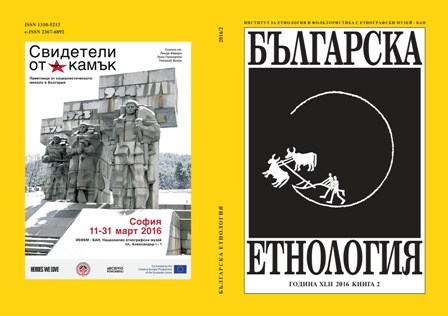
We kindly inform you that, as long as the subject affiliation of our 300.000+ articles is in progress, you might get unsufficient or no results on your third level or second level search. In this case, please broaden your search criteria.

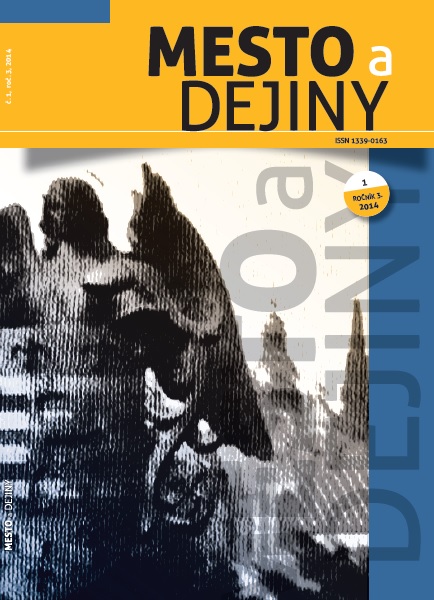
Materials about the nature of personal relationships are an important source of information about everyday life. This article bring information on daily life and attention is focused on the city of Krakow. In addition leading themes, personal relationships contain a lot of information about the difficulties with the supply and quality of housing, the attitude towards the changes taking place in the city, functioning within the official public life and privacy. The purpose of this article is not to criticize source materials such as memoirs, or reflections on the formation and functioning of the memory of the war and occupation.
More...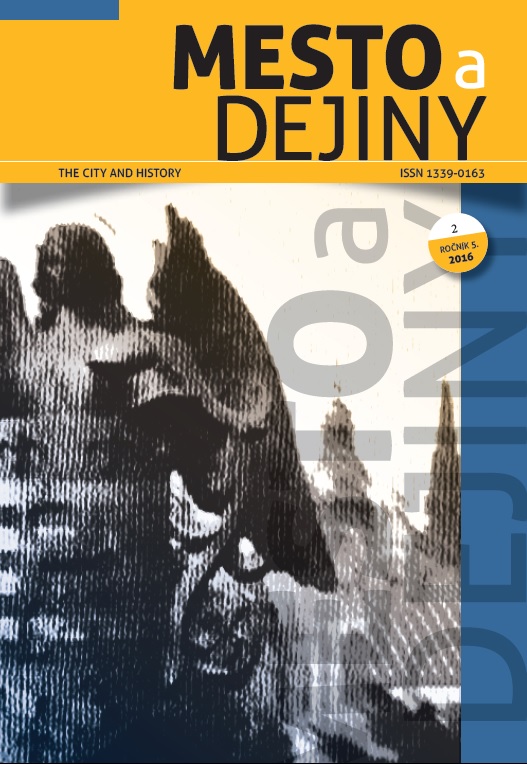
Throughout the world cities after the fall of the totalitarian regimes deal with numerous issues that affect the everyday life of their inhabitants. The cities, which benefited from the economic direction of the totalitarian regime concerning selected sectors of the economy, may become sites on the periphery of events after several years. Conversely, the democratization of post-totalitarian societies associated with the opening of borders, free movement of persons, knowledge and technologies in a short time can affect the development of cities and towns stagnating in the previous era.
More...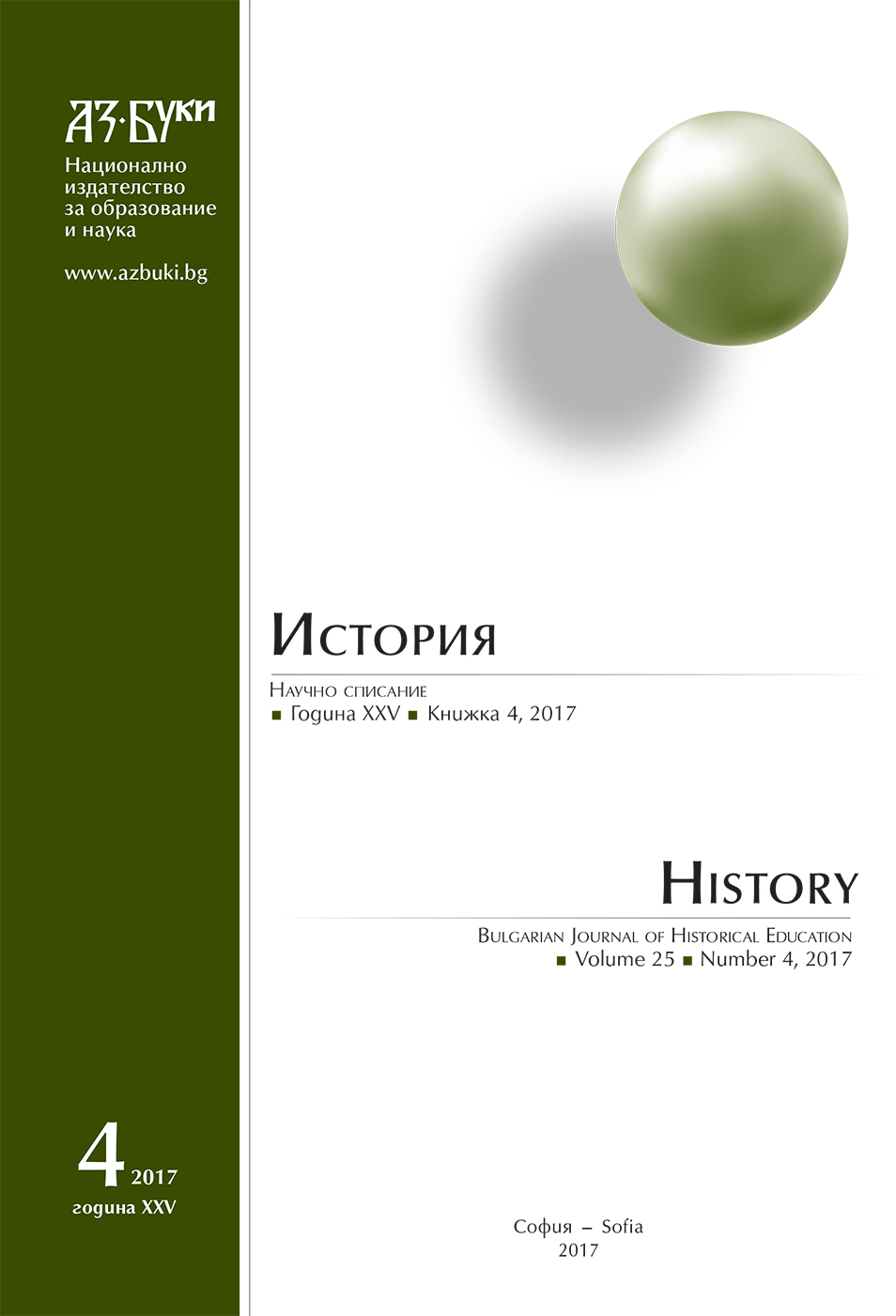
The issue of the aid given by the Polish to the Jewish community during the Second World War turned out to be heavily neglected in the historical researches after 1945. This article provides guidance for future research on this issue.
More...
The persecution of the Polish society by German occupiers is the cause of both individual and institutional support actions. As part of the actions of the Polish Underground State, such an action is carried out by the Government of the Republic of Poland in exile, and in particular the Department of Labor and Social Welfare. The aid action are aimed at both repressed and threatened by reprisals, citizens of the Polish state, regardless of their religion and nationality. Due to the particularly brutal behavior of the Germans, directed directly at the destruction of the entire Jewish people, the authorities of the Polish State, together with many public and political organizations, held an organized action to help the Jews from the end of 1942. To this end, the Polish Council to Aid Jews ("Jegota") was established. Within his modest possibilities, the Council was making efforts to save as many Jews as possible.
More...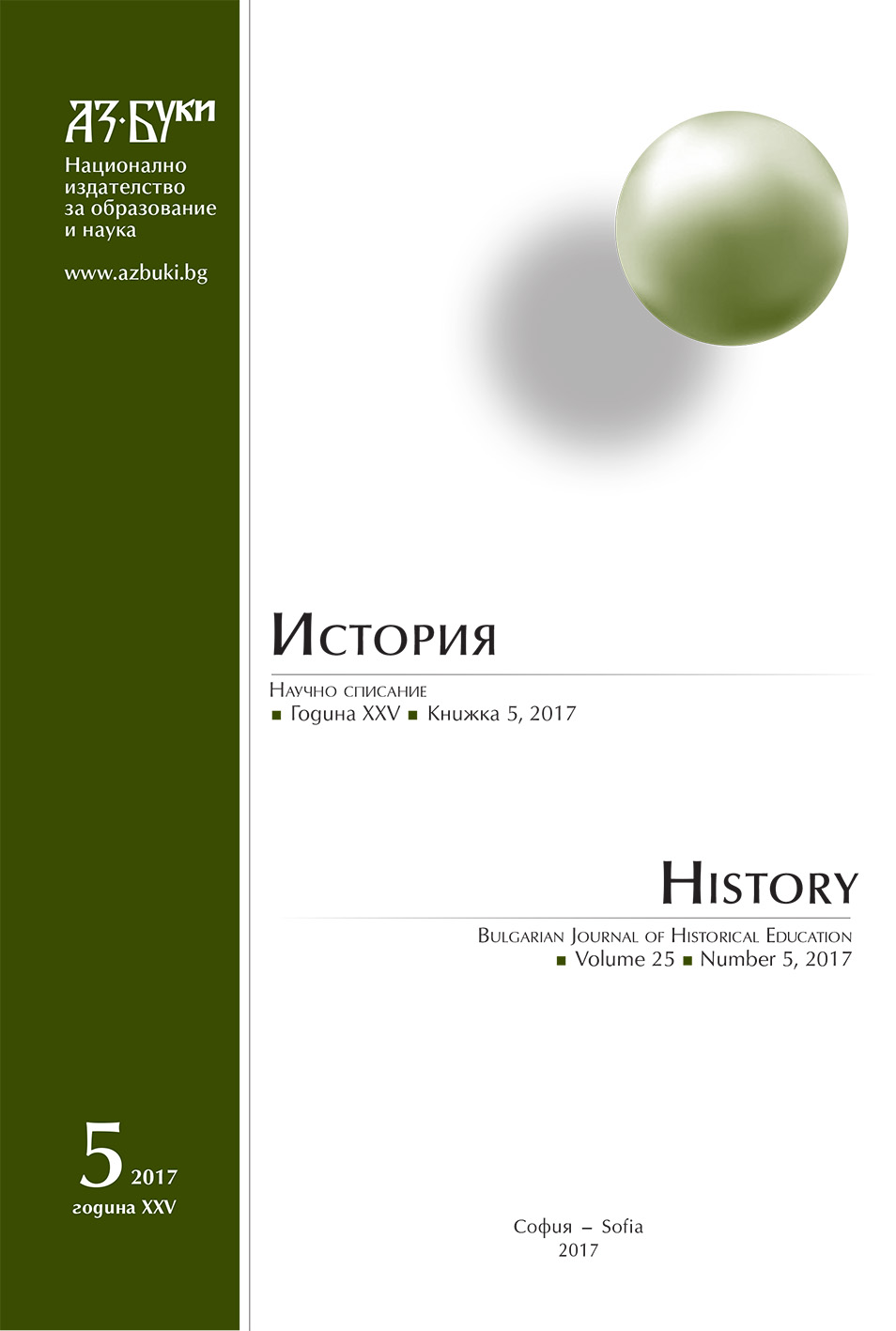
The Institute of National Remembrance realized a program "Index of Poles, repressed and killed for assisting Jews during the Second World War". The aim of the program is to identify the names of Polish citizens who lived in the territory of the Republic of Poland before September 1, 1939 and were opressed by the Third Reich military and civilian authorities, its officers and members of the Nazi Party; by the collaborative organizations, for assisting Jewish population.
More...
The article presents the situation of the Poles and Jews during the German occupation in the Rzeszow region, as well as the ways of saving the Jewish population there.
More...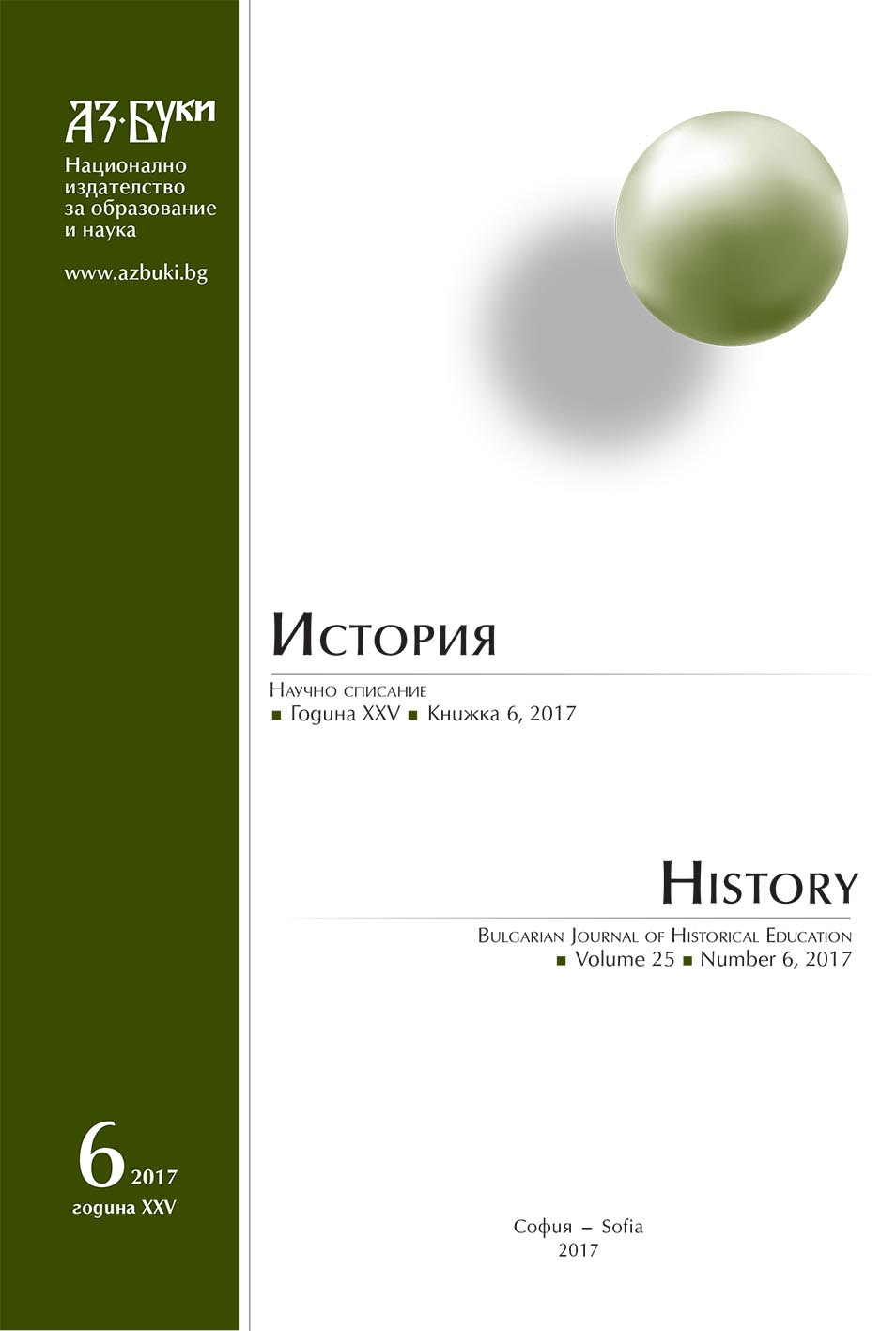
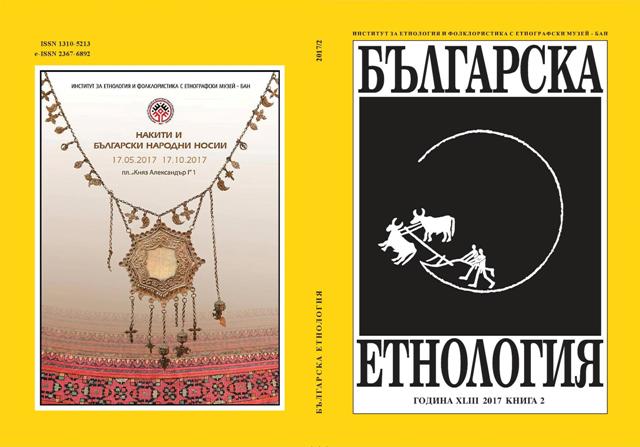
“The Gypsies are our own, domestic problem” is a phrase attributed to the long-term former head of the old communist Bulgarian government, Todor Zhivkov. The government policy towards the Gypsy minority in communist Bulgaria is one of inclusion to the Bulgarian way of life, and its implementation is carefully tailored to the specificities of Bulgaria as a country.It is a little known fact that towards the end of the 1940’s, the Bulgarian Gypsies suddenly turn from a “domestic problem” to something much larger and thus become part of the great confrontation between the two world political camps divided by the Iron Curtain. This takes place during the emigration of the ethnic Bulgarian Turks which starts in 1948, and during which, applications for emigration are filed by both Bulgarian Turks and Muslim Bulgarian Gypsies. It is this latter ethnic minority that becomes the cause for a serious conflict between ‘communist Bulgaria’ and ‘capitalist Turkey’.This paper aims at following the events from the end of the 40’s until end of the 80‘s of the previous century as well as analyzing the consequences of the confrontation between the two neighbouring Balkan countries.
More...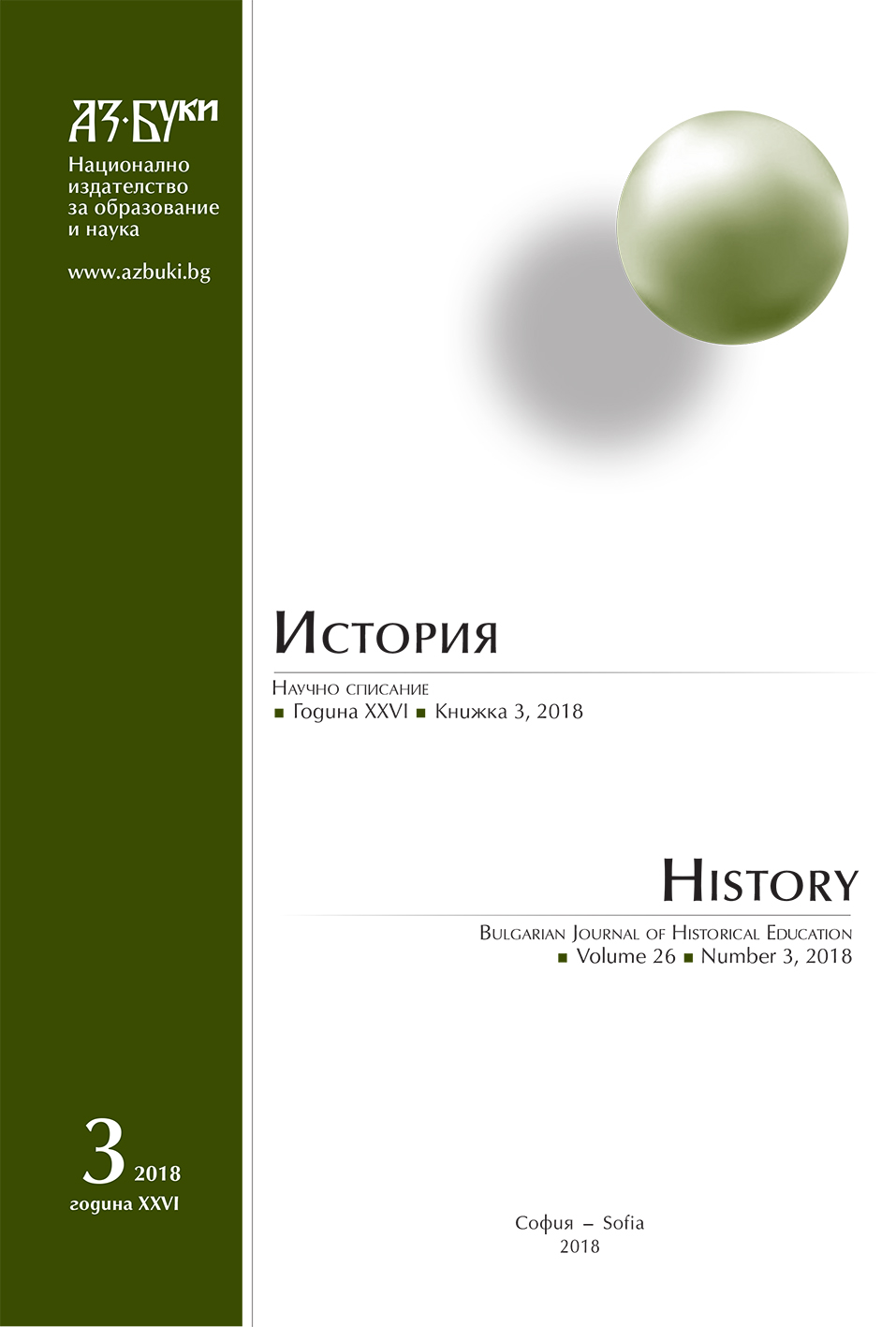
Since the Kingdom of Bulgaria had joined the Tripartite Pact on 1 March 1941, until the middle of 1943, ordinary Bulgarians lived with an illusion of a “symbolic war”. Life was much more difficult than the pre-war years, traditional Bulgarian goods gradually disappeared from the market, and measures were taken to defend against an external attack, especially an airstrike. The real war that would demolish the capital and throw the country into chaos was drawing close, despite the fact that few people were aware of that until that moment.
More...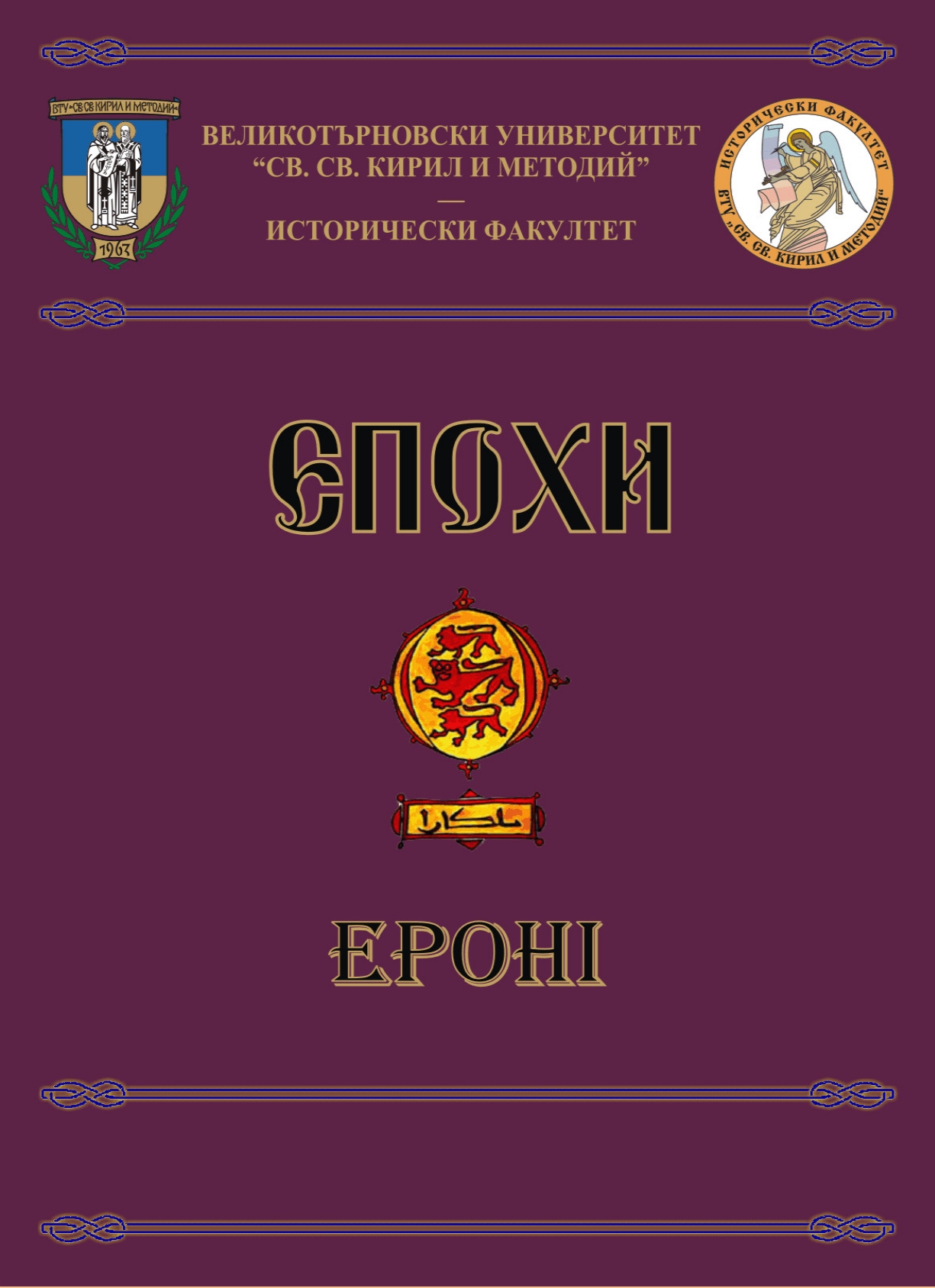
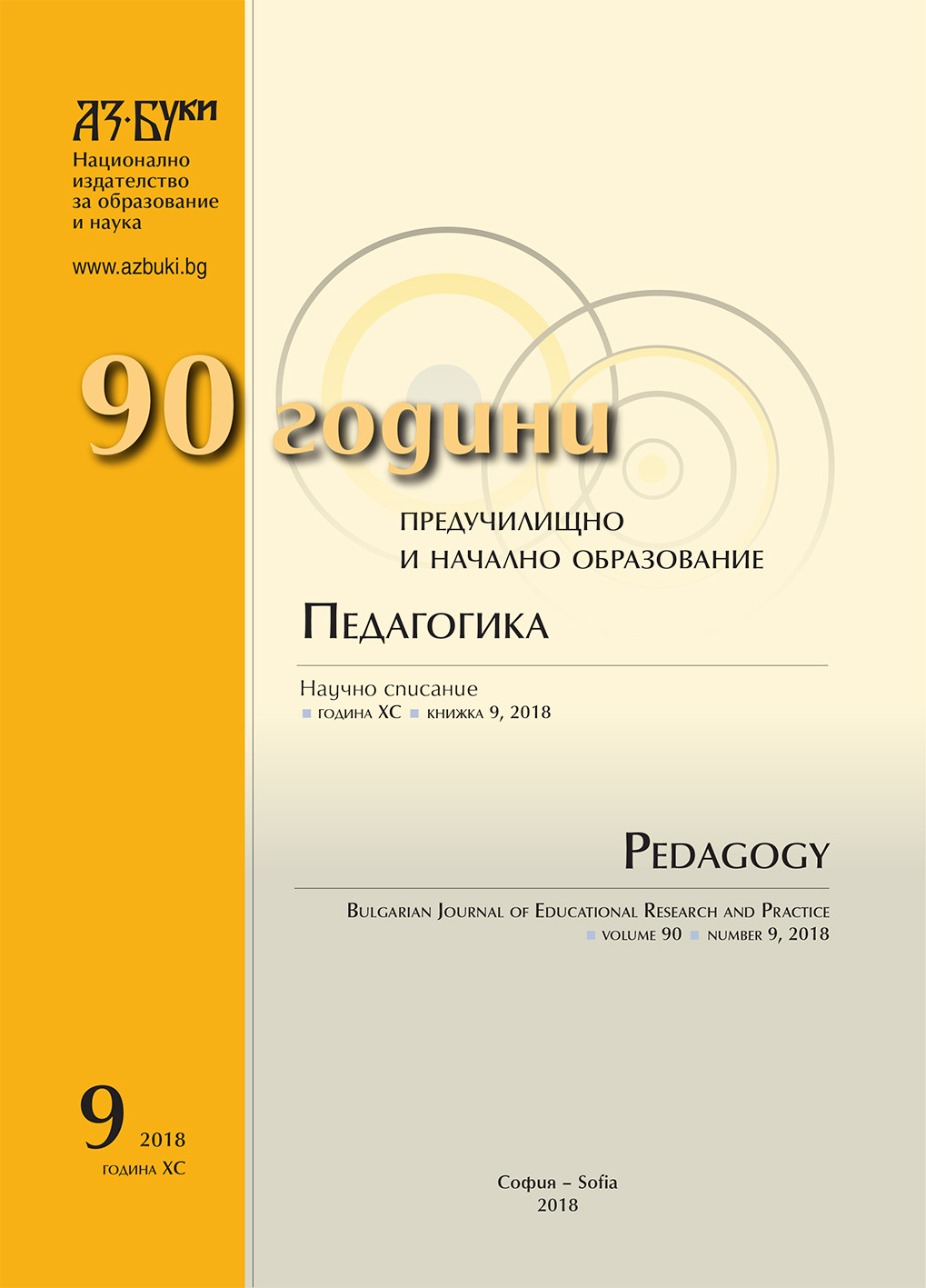
The paper presents the problem of the rights of the child from socially-pedagogical perspective and in connection with the threats of the World War II. Some perspectives are outlined in the foreground: “military complex” and “zone of the social solidarity”. With the first term, the totality of the negative psychical, physical and social consequences that children endured in the result of the military actions are marked. With the second term, different forms of help and actions for children`s protection in case of threat for their life and existence are marked.
More...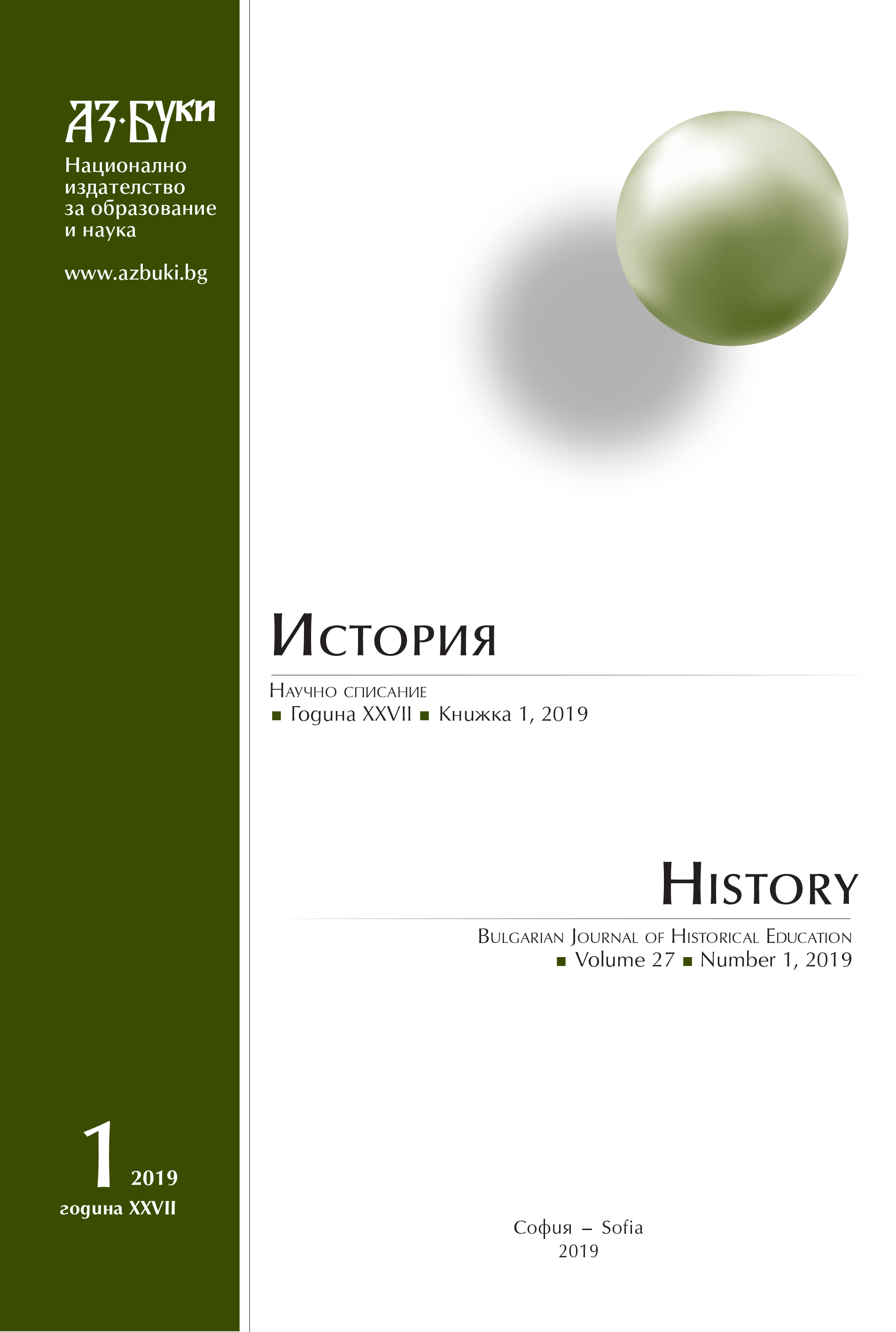
After the end of the World War One the old political habits were put under a serious test. The tough consequences of the conflict led to new ideologies that offered quick and easy recipes for coming out of the aftermath of the after military crisis. The Italian fascism, for example, promoted the vision of a strong state, guided by the Fascist Party and its leader. The leader, his party embodied the state. They were its image and content. These understandings were “further developed” by the German National Socialism, which added to them the racial hatred and the idea of the superiority of the Aryan. Everybody knows what the final of these political experiments was.
More...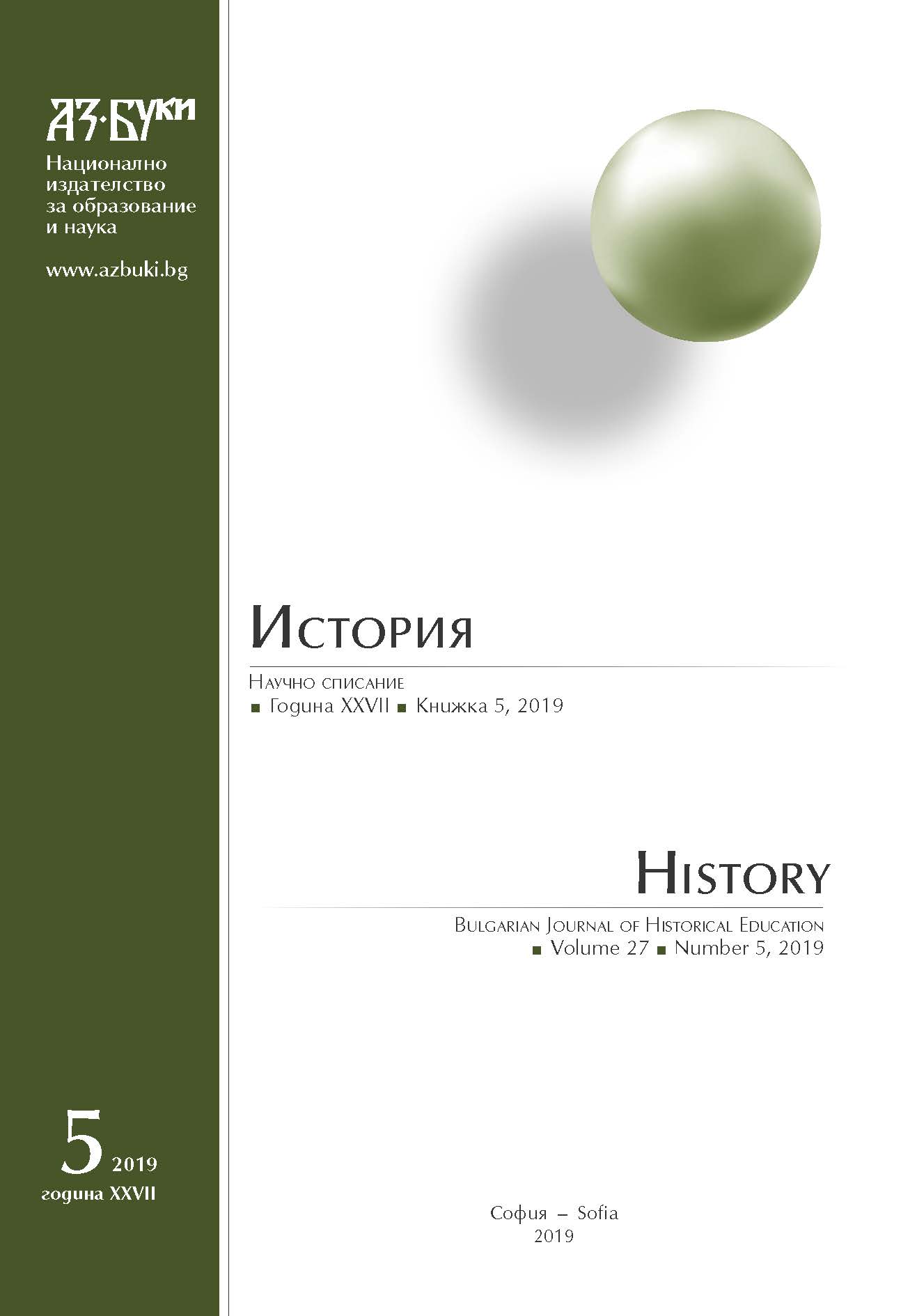
The article tries to characterize the plight of the Jewish community– in its legal, social and economic aspect – on German-occupied Polish soil in the first years of WWII (1939-1941). The text analyzes the key measures of the German authorities toward the Jews, beginning with the Third Reich’s aggression against Poland on September 1, 1939, until the decision of the extermination of European Jews (second half of 1941). The Authors analyze legal acts limiting the functioning of the Jewish community and how they really influenced their everyday life. The question at stake has to be seen against a wider backdrop: the policy of the German occupant against the Polish state and its population.
More...
The article presents inception and the first months of the functioning of the underground Polish Socialist Party occurring in 1939-1944, under the code name “Wolność-Równość-Niepodległość” (Freedom-Equality-Independence). Its hows both the pre-war preparations of the PPS and the way in which the PPS-WRN was formed at the beginning of October 1939, as well as the principles on which its organization was based. The article also discusses both the beginnings of the PPS-WRN underground press and the party’s place in the forming structures of the Polish Underground State.
More...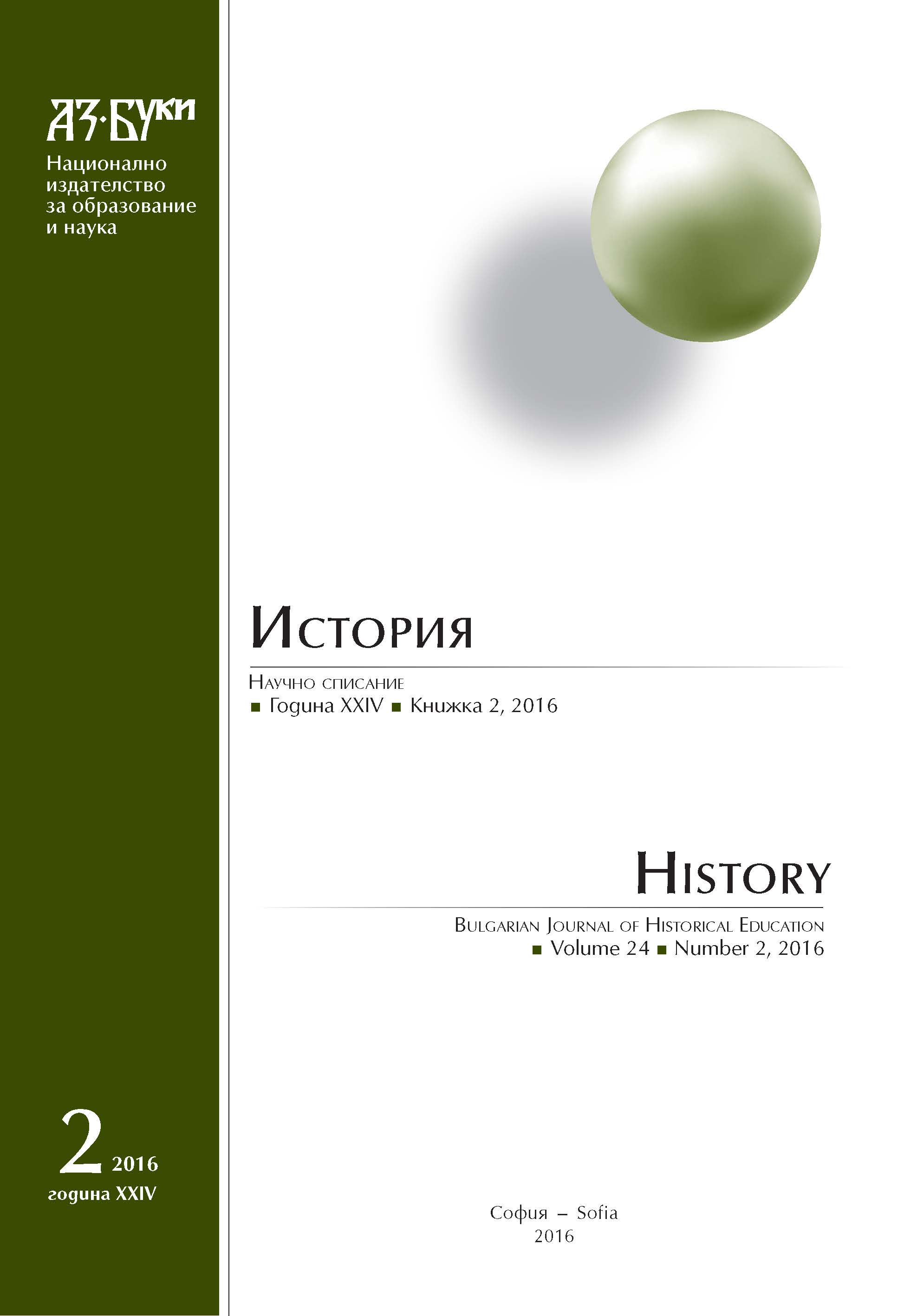
The article aims to reveal in most general terms the police actions against one of the major Bulgarian students’ organizations during the 30s of the 20th century. Documents from the archives of the Ministry of Interior and of Sofia District Court and studies on the police and on the justice system of the period have been used. Some of the main methods of collecting information and neutralizing the activity of the Bulgarian General National Union of Students (BGNUS) used by the state and its repressive bodies are revealed. Examples of the systematic violation of university autonomy by the police are provided but also examples of the popularity, which BGNUS acquires among students despite the prosecution and the semi-legal status of the organization. In view of the revealed data, it becomes questionable whether the government of Andrey Lyapchev and of the People’s Block during whose period of office BGNUS was constituted and developed its activities, has been of democratic nature (as supposed today by a large number of modern historians).
More...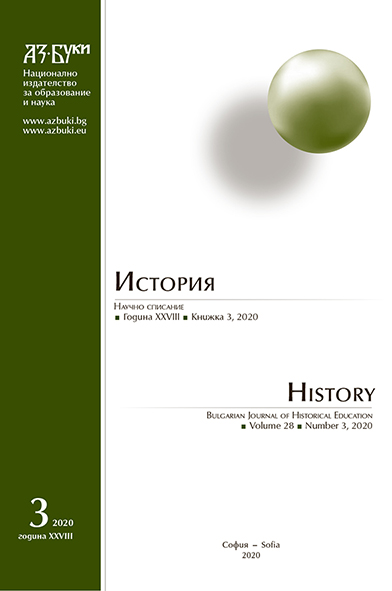
The article describes the community of victims of the Katyn massacre, executed pursuant to the decision of the BP KC WKP (b) of 5 March 1940 The camp list was dominated by military and police officers and the prisons list was mostly civilian prisoners. The most important elaborations of the collective lists of victims were presented and also selected parts of the community were described, among others, in terms of profession or origin from a specific area of Poland. The author presented the state of research regarding the national composition of the community, and after having compared the information with Soviet documents, presented his view of the problem. The article emphasized that most of the victims of the 1940 murders were officers of the Polish Army and officers of the State Police and members of smaller uniformed formations. The fact that they belonged to these groups was determined as sufficient criterion qualifying them for extermination. The author provided statistics on the number of victims from individual uniformed formations and put forward the demand for further research regarding the various groups of those killed. Finally, he outlined a group portrait of the victims of the 1940 crimes, in terms of the most important criteria from the point of view of the Soviet authorities and historical sociology. In conclusion, it was found that the collective profile of the victims of the Katyn massacre were strongly defined by two distinctive features:service to the Polish state and attachment to Polish character.
More...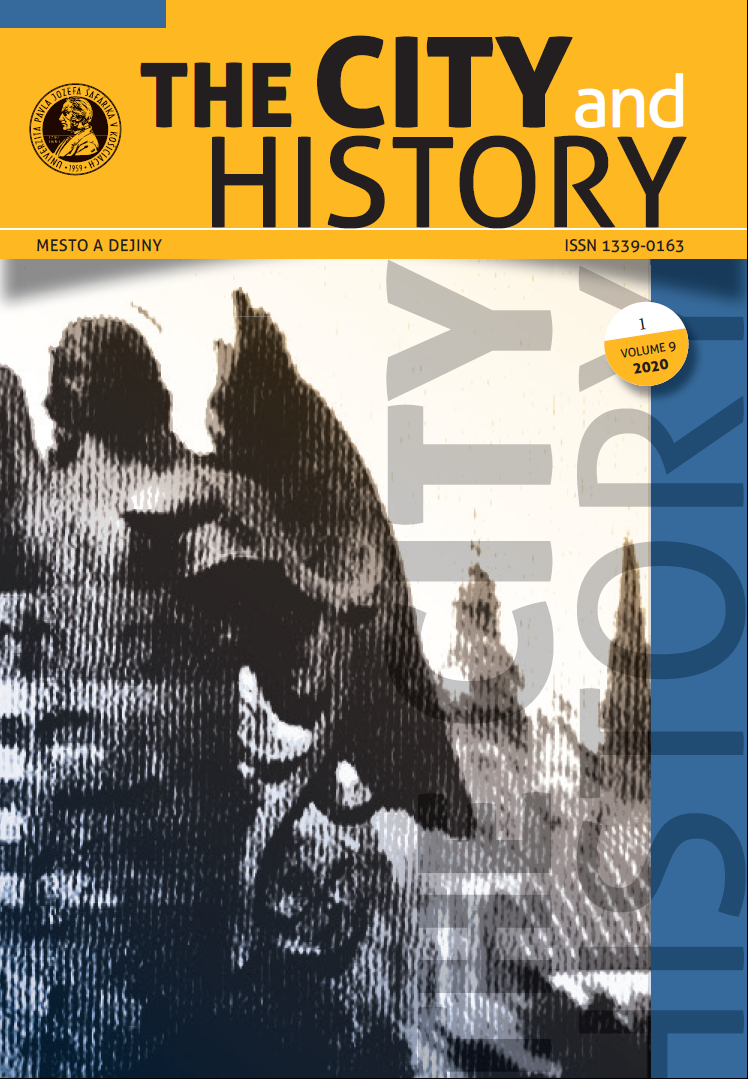
This study contributes new research exploring cases of collaboration with the German authorities and the phenomenon of delators (denouncers), informers and agents in occupied Krakow, as well as letters of denunciation. Cases linked to the blackmailing at the beginning of World War II of Jews, and as the war continued of colleagues and neighbours working for the resistance and of disliked relatives and in-laws are also taken into account. Letters written by Krakow inhabitants – some anonymous, others signed – are appraised for information contained therein on political, racial, economic, social and financial matters. The article also describes the activities of the Polish resistance against collaborators and the post-war settling of scores through the Krakow Special Criminal Court in the early post-war years.
More...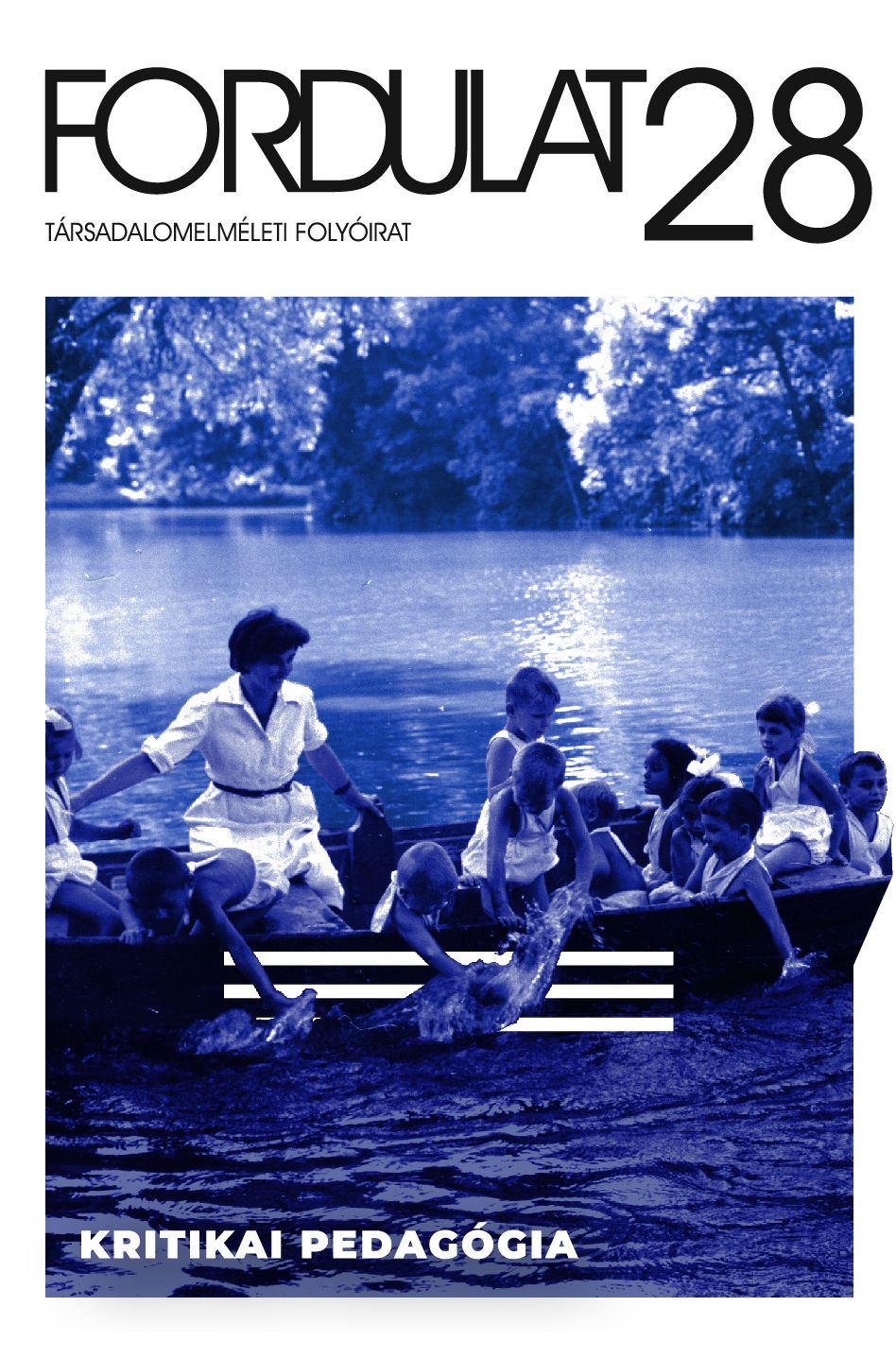
The National Association of People's Colleges is often interpreted as a youth organization of the dictatorship and as an association that ensures the youth supply of the Communist Party. Although this view is not entirely illegitimate, it is simplistic insofar as it does not take into account 1) the pre-war people's colleges movement, 2) the nature of grassroots 3) its self- government 4) its role in social mobility 5) and its specific pedagogical and educational psychological aspirations. Of course, the comprehensive history of Nékosz cannot be the subject of such a short writing, so we will focus on elaborating points 3–5. Being the educational leader of Nékosz and researcher at the Institute of Psychology of the Institute of Education of Budapest, the psychologist Ferenc Mérei carried out numerous experiments in primary and secondary schools to develop the effectiveness of the emancipatory school. For him, the model of emancipatory education was the group experience of Nékosz.
More...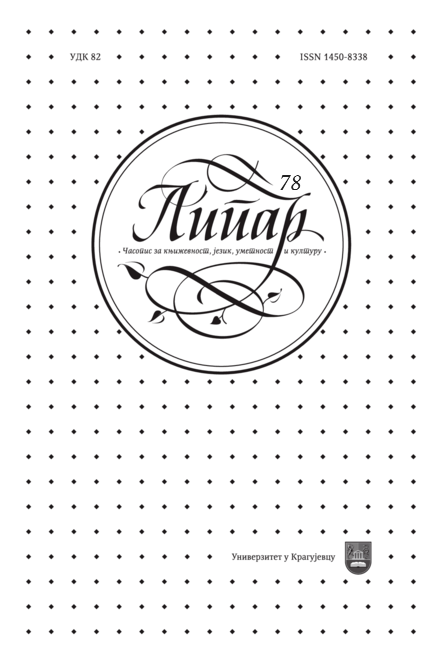
In this paper, we consider the phenomenon of fictionalization of the theme of the Goli otok in novels (mostly written by women), as a kind of collective and ideological trauma, which has been a taboo topic in socialist Yugoslavia for more than 40th years. Biljana Jovanović (Duša, jedinica moja, 1984) and Boba Blagojević (Skerletna luda, 1991) started the topic of Goli otok in a women’s ideological novel and after that the topic of IB Resolution continued through different genres: publicist- memoir work (Ženi Lebl), autobiographical novel (Vera Cenić), or a real postmodern novel by Milka Žicina (Sve, sve, sve, 2002), all the way to a modern novel, with a fictional protagonist, which combines all the experiences of the Goli Otok`s victims (G. Zalad, Plava tišina, D. Grossman, Život se sa mnom mnogo poigrao). We divide the origin of these novels into the works of women writers who personally experienced torture of Goli otok (Ž. Lebl, V. Cenić, M. Žicina, Eva Panić), and those who were born much later, dealt with this topic completely through the fiction (G. Zalad, D. Ilić, D. Grosman). V. Cenić and M. Žicine also created several impressive literary heroines, whose degree of fictionalization we have specifically analyzed here as literary heroines (Brana Marković, Dragica Srzentić, Slavka Pogačarević, Eva Panić Nahir), as well as the type of antiheroine in the character of Marija Zelić, the warden of the camp on Goli Otok. These are works whose literary qualities should be much more present on our literary scene, and with a good film adaptation they should enter a much wider, public reception, especially since film as a medium is the main subtext of two modern novels about Goli Otok (G. Zalad, D. Grosman).
More...